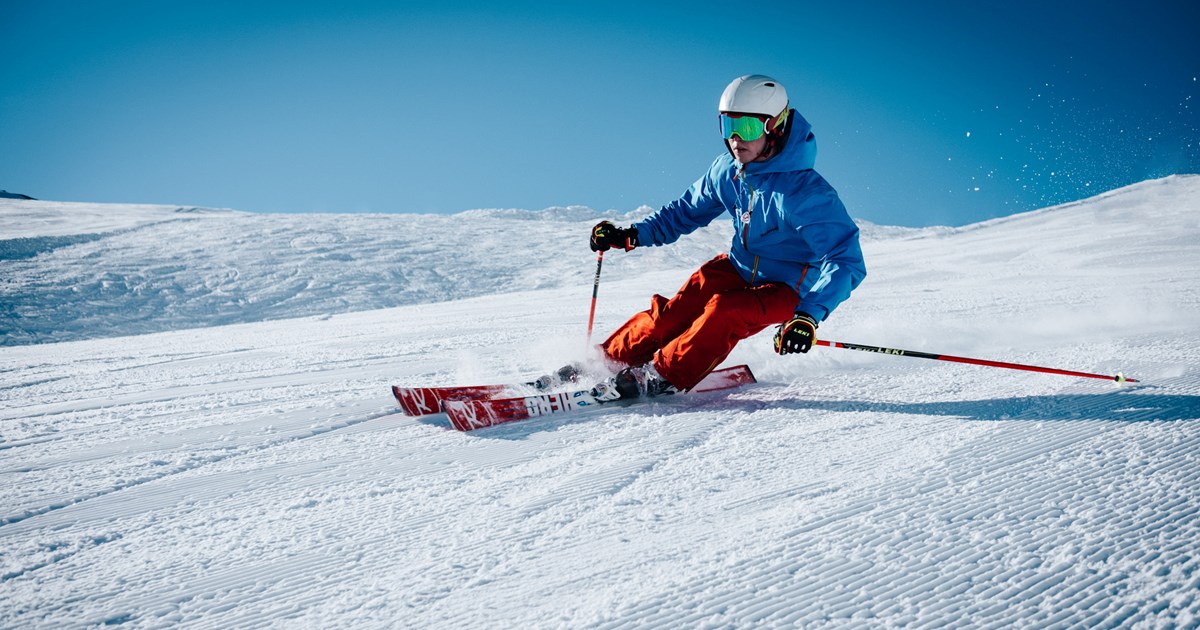Shop At Haya: Your Ultimate Shopping Guide
Discover the best shopping tips, trends, and deals for a smarter buying experience.
Ski Like a Pro: The Slippery Slope to Fun
Master the slopes and elevate your skiing skills! Discover tips and tricks for an unforgettable adventure on the snow.
Essential Ski Techniques for Beginners: Master the Slippery Slope
Learning to ski can be both exhilarating and intimidating for beginners. To ensure that you master the slippery slopes, it is essential to focus on some core techniques. Essential ski techniques such as the snowplow, parallel skiing, and proper body positioning are crucial for building your confidence on the mountain. Start with the snowplow technique, which involves forming a wedge shape with your skis. This not only helps you control your speed but also sets the foundation for more advanced skiing styles.
Once you are comfortable with the snowplow, it’s time to progress to parallel skiing. This technique allows you to navigate turns and maintain your speed more effectively. As you practice, remember to keep your knees slightly bent and your weight centered over your skis. It may also be helpful to visualize a smooth arc as you make your turns. Finally, consider taking a lesson from a professional ski instructor, who can provide personalized tips and feedback to help you refine your skiing technique and fully enjoy the slopes.

Top 5 Ski Gear Essentials: What Every Skier Needs
When hitting the slopes, having the right gear is crucial for an enjoyable and safe skiing experience. Here are the Top 5 Ski Gear Essentials that every skier needs to optimize their performance and comfort:
- Skiing Boots: A secure and comfortable pair of ski boots is fundamental as they connect you to your skis. Make sure to get boots that fit well and provide adequate support.
- Skis: Choose the right skis based on your skill level and the type of skiing you plan to do. Whether you prefer all-mountain skis or powder skis, the right choice can significantly impact your performance.
- Helmet: Safety should never be compromised. A well-fitted helmet protects your head against potential falls and collisions.
- Goggles: Protect your eyes from harmful UV rays and wind with quality goggles. They enhance visibility in various weather conditions.
- Layered Clothing: Dressing in layers, including moisture-wicking base layers, insulating mid-layers, and waterproof outer layers, helps regulate your body temperature and keeps you dry.
Skiing Safety Tips: How to Avoid Common Slopeside Injuries
Skiing is an exhilarating sport that attracts millions of enthusiasts each year. However, it also comes with its fair share of risks that can lead to slopeside injuries. To ensure a safe experience on the mountains, skiing safety tips are essential. First and foremost, always wear appropriate protective gear, including a helmet and goggles, which can significantly reduce the risk of head injuries. Additionally, it's crucial to understand and adhere to the skiing code of conduct to avoid accidents caused by recklessness or poor judgment.
Another key aspect of skiing safety is maintaining proper physical fitness. Preparing your body before hitting the slopes can strengthen your muscles and improve balance, decreasing the likelihood of falls. Always take the time to warm up before you ski, and consider taking lessons if you're a beginner or trying a new type of skiing. Remember to stay hydrated and take breaks when necessary to help prevent fatigue. By following these guidelines, you can enjoy a safer skiing experience while minimizing the chances of injury on the slopes.